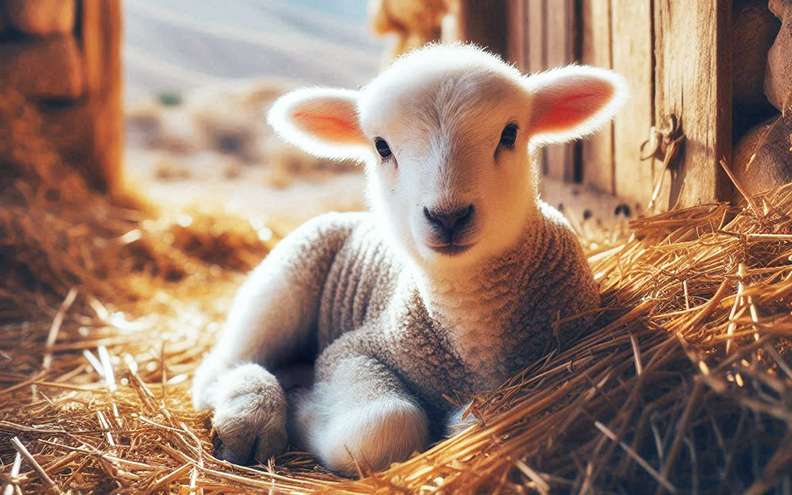The Blood of the Lamb: Passover in the Light of the New Covenant

Passover approaches—one of the most profound and foundational observances in Jewish history and faith. But for those who believe in Yeshua as the Messiah, it holds a deeper meaning still. It is more than a commemoration of Israel’s deliverance from Egypt; it is a living testimony of a God who redeems, restores, and calls His people into covenant. It is the festival where shadow meets substance, where prophecy finds its fulfillment in the Lamb of God.
The story of the Exodus lies at the heart of Passover. A people enslaved for centuries were delivered by “a mighty hand and an outstretched arm.” Yet this deliverance came at a cost—marked by blood. “They shall take of the blood and put it on the two doorposts and on the lintel of the houses” (Exodus 12:7). That blood became a sign, a line between death and life. “When I see the blood, I will pass over you” (Exodus 12:13).
For us who follow the Messiah, this is no mere ritual or distant memory. It is a foreshadowing of a far greater deliverance—the Cross. “For Christ, our Passover, was sacrificed for us” (1 Corinthians 5:7). His blood is not symbolic; it is sufficient. It is not a tradition; it is truth. Yeshua, the sinless Lamb, was offered so that death would pass over us—not just once, but eternally.
Passover is not merely an exit from Egypt—it is a call to journey. It is a call to leave behind the bondage of sin, fear, and false identity. But freedom, in the eyes of God, is not an end in itself—it is a beginning. Israel was not simply freed; they were brought out to serve, to worship, and to walk in covenant. In the same way, those redeemed by the Messiah are called not just out of something, but into something: a life marked by holiness and purpose.
“If the Son sets you free, you shall be free indeed” (John 8:36). This freedom is not theoretical—it’s transformational. Yeshua doesn’t only forgive; He leads. He delivers us from spiritual Egypt and brings us into a life of promise. Not just out of slavery, but into sonship. Not just out of fear, but into fellowship.
The Last Supper was no coincidence. It took place on the eve of Passover for a reason. Yeshua took bread and said, “This is My body, given for you,” and the cup: “This cup is the new covenant in My blood” (Luke 22:19–20). In that moment, He revealed the ultimate meaning of the feast: not just the remembrance of an old deliverance, but the reality of a new and everlasting covenant, sealed in His blood.
And just as in Egypt, Passover calls us to a cleansing. The physical removal of leaven points to a deeper truth. Leaven represents pride, sin, hypocrisy—the old nature. Paul urges us: “Cleanse out the old leaven, that you may be a new lump… for Christ, our Passover, was sacrificed for us” (1 Corinthians 5:7).
We all have our Egypts. Whether internal or external, we know the feeling of being trapped—held back by forces we cannot overcome on our own. Yet the message of Passover remains unchanged: “I have come down to deliver them” (Exodus 3:8). And the power of the Lamb’s blood remains undefeated. This is not religion. This is reality.
Passover is more than a date on the calendar. It is a reminder that salvation is not an idea—it is a Person. We don’t just celebrate the Exodus; we embrace the One who leads us out. We don’t just honor a past event; we enter into an ongoing covenant. The Lamb has been slain. The blood has been shed. And death still passes over where that blood is found.
Let this Passover not be just a reflection, but a revelation. Let the blood be not only on ancient doorposts, but on the door of every heart. And may our response be not mere tradition, but true devotion. For He did not bring us out so we could wander—He brought us out so we could follow Him.
